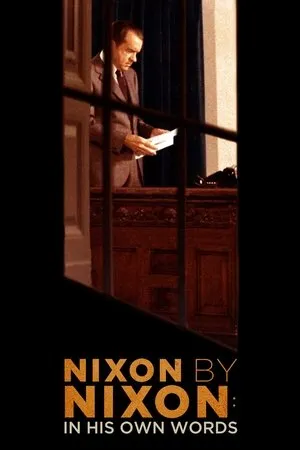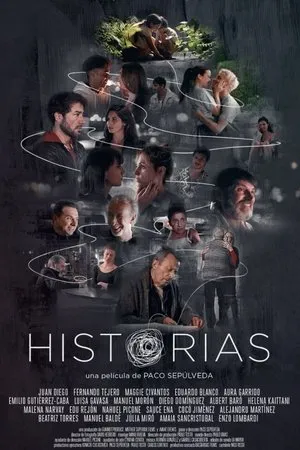Nixon by Nixon: In His Own Words is a compelling documentary that offers an unprecedented glimpse into the mind of one of the most controversial figures in American history, Richard Nixon. Through the use of secretly recorded conversations from within the White House between 1971 and 1973, the film paints a portrait of a president grappling with immense pressure, making critical decisions, and revealing his innermost thoughts and prejudices. The documentary serves as both a historical record and a stark reminder of the complexities and potential pitfalls of power. The film meticulously pieces together excerpts from the thousands of hours of recordings Nixon made, offering viewers a fly-on-the-wall perspective of key moments during his presidency. These include discussions about the Vietnam War, the leaking of the Pentagon Papers, and his appointments to the Supreme Court. The film doesn’t shy away from presenting Nixon’s strategic thinking and political maneuvering, providing context for some of the most significant events of the era. However, the most shocking and disturbing aspect of the documentary lies in the exposure of Nixon’s private remarks about women, people of color, Jews, and the media. These statements, captured on tape, reveal a deeply prejudiced worldview that stands in stark contrast to the public image he often projected. The film forces viewers to confront the uncomfortable truth about a leader who held immense power and influence, and the potential for bias and discrimination to exist at the highest levels of government. The documentary raises important questions about the nature of leadership, the responsibility of those in power, and the importance of holding our leaders accountable for their words and actions. It serves as a reminder that even those who occupy the highest offices are not immune to prejudice and that vigilance is necessary to ensure that such biases do not influence policy and decision-making. The film’s use of primary source material, in the form of Nixon’s own voice, adds a layer of authenticity and impact that is difficult to ignore. It allows viewers to draw their own conclusions about Nixon’s character and motivations, rather than relying solely on the interpretations of historians or commentators. This approach makes the documentary particularly engaging and thought-provoking. The documentary also explores the context in which these recordings were made, shedding light on the political climate of the early 1970s. The Vietnam War was raging, the country was deeply divided, and Nixon was facing increasing pressure from the media and the public. Understanding this context is crucial for interpreting Nixon’s words and actions, and for appreciating the challenges he faced as president. The film is not without its critics. Some argue that it focuses too heavily on Nixon’s negative qualities and fails to give sufficient weight to his accomplishments. Others contend that the recordings are taken out of context and that Nixon’s words are being unfairly scrutinized. However, even those who disagree with the film’s overall message cannot deny the power and impact of the recordings themselves. Nixon by Nixon: In His Own Words is a valuable contribution to our understanding of American history and a powerful reminder of the importance of transparency and accountability in government. It is a film that will stay with you long after the credits roll, prompting reflection and discussion about the complexities of leadership and the enduring legacy of Richard Nixon. The documentary is a must-see for anyone interested in American history, politics, or the psychology of power. It offers a unique and unfiltered glimpse into the mind of a president who shaped the course of the 20th century, and it raises important questions about the nature of leadership and the responsibility of those in power. The film is available on various streaming platforms and is sure to spark debate and discussion among viewers. Welovecinema.top highly recommends this documentary.

Nixon by Nixon: In His Own Words (2014)
Nixon by Nixon: In His Own Words is a gripping documentary that delves into the secret White House recordings made by Richard Nixon from 1971 to 1973. The film offers a unique and unfiltered look into Nixon's presidency, revealing his thoughts and decisions on critical events such as the Vietnam War and the Pentagon Papers leak. However, it also exposes deeply troubling and offensive statements he made about various groups, providing a stark and controversial portrayal of the 37th President of the United States. The documentary serves as a historical record and a cautionary tale, inviting viewers to reflect on power, prejudice, and the complexities of leadership.











